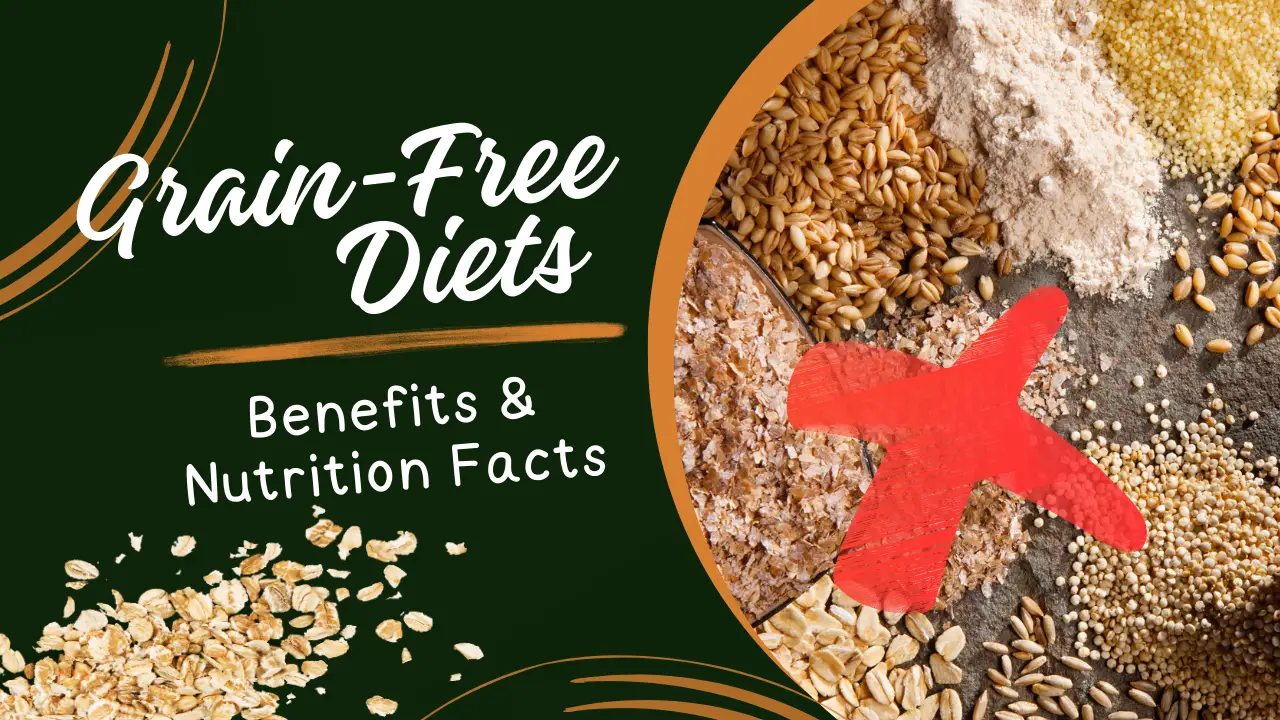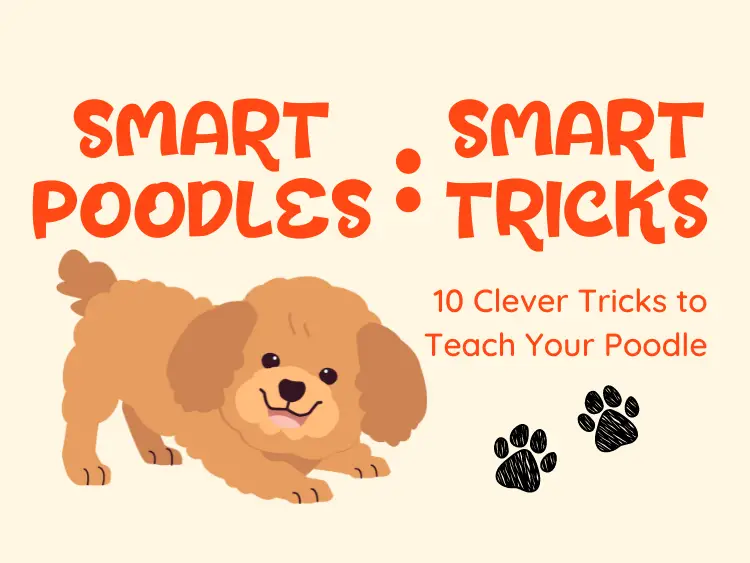What Will You Learn? 👇
What are grain-free diets?
Grain-free diets are diets that exclude grains and instead focus on high-protein foods like meat, fish, eggs, and vegetables. They have become increasingly popular in recent years, especially for dogs and cats.

What are the potential benefits of grain-free diets?
- May reduce risk of food allergies or sensitivities – Some pets may have allergies or trouble digesting grains
- Can promote a healthier weight – Protein and fiber help pets feel full while consuming fewer calories
- May support digestive health – Some pets see improvements in digestive issues when removing grains
- Could lead to shinier coats and less shedding – Anecdotal reports, though more research is needed
What are some nutrition facts about grain-free diets?
- Typically higher in protein – Often 30% or more of calories from protein
- Lower in carbohydrates – Grains are replaced with vegetables, fruits, legumes
- May be lower in synthetic nutrients – Some grain-free brands use fewer supplements
- Variable fat content – Depends on the formula, with some high and some low fat
According to one 2021 analysis, the average grain-free formula contains 36% protein, 47% fat, and 14% net carbs. But there is variation across brands and recipes.
What ingredients are used in grain-free pet foods?
Common grain-free diet ingredients include:

Read our Smart Poodles - Smart Tricks eBook for only $2.99
Dive into a treasure trove of engaging tricks and tips designed specifically for your poodle!
- Animal proteins: Chicken, beef, fish, turkey, eggs
- Starchy vegetables: Potatoes, sweet potatoes, peas, chickpeas
- Fruits and veggies: Blueberries, spinach, carrots, apples
- Oils: Coconut, salmon, sunflower seed, olive oil
- Supplements: Synthetic vitamins/minerals or nutraceuticals
Brands vary widely in formulas and ingredients. Checking the label is important.
What risks are associated with grain-free diets?
- Potential for nutritional imbalances – Risk of missing key nutrients without careful formulation
- Higher price tag – Grain-free diets typically cost 20-60% more than grain-inclusive
- Possible link to canine heart disease – FDA is investigating, but more research is needed
Talk to your vet before switching, especially for pets with existing health conditions. Monitor your pet closely when transitioning foods.
Let me know in the comments if you have any personal experiences or anecdotes to share around grain-free diets for pets! I’d love to hear your thoughts.
Marko is the founder and author at PoodleHQ, where he blends profound expertise with formal training in Animal Behavior and Canine Genetics. With multiple generations of poodles under his care, he’s a breed connoisseur, honored with the Canine Care Excellence Award and lauded by the International Pet Enthusiasts Association.

